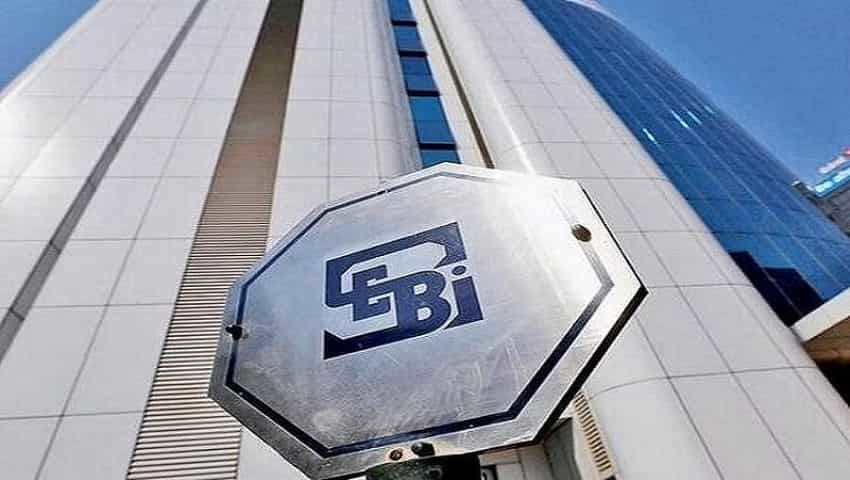Timely intervention?

After a record-breaking performance in 2021, the initial public offering (IPO) market in India is expected to register further growth in the present year as well. This growth of the IPO market is aligned with the growth of the nation — fueled by investor's trust in market conditions and market players. In 2021, there were 121 issuances amounting to Rs 1,18,736 crore. This figure marks a shift from the usual trend where the values generally hover under the 50,000-crore mark. Initial public offering simply refers to opening up of a firm to a larger public — institutions, retail etc. — through sale of stocks to raise funds for supporting and strengthening its business interests. The investors, in turn, gain proportionately from the growth of the firm. Obviously, they also stand at the risk of losing if the company faces a downturn. The monumental growth in IPO fundraising during a pandemic year only goes on to reflect the trust of investors in the overall economic ecosystem of the nation. The previous year was phenomenal also as it saw the emergence of 42 new unicorns. The boom in the IPO market is a shining testimony to the rise of an entrepreneurial class that appears all set to script the growth story of India. Consistent emphasis on the start-up culture has led to the creation of a conducive environment for startups in India. The country's exorbitantly high unemployment rate has been, for decades, both the outcome of, and an impediment to, national growth. The startup culture has led to the creation of a decentralized employment generation system. Fundraising through IPO offerings helps the startups to grow further and keep the growth trajectory intact. Notwithstanding the vitality of IPOs for private firms, the possible risk for the investors needs to be averted. Securities and Exchange Board of India (SEBI) has rightly tightened its grip on the flourishing IPO market by introducing regulations that would lend a defining edge to the market in coming years. The new SEBI rules restrict the companies from using more than 35 per cent of the raised funds to purchase other businesses without providing the required details. This gives greater control and clarity to the investors for basing their investment decisions. At the same time, it demands accountability on the part of the company. There have been several incidents in the past when the companies arbitrarily invested huge sums in an entirely different domain of business than theirs. Although this limits the firm's discretion to radically diversify its business with the collected funds, such a step was overdue. SEBI has also decided to increase the lock-in period for anchor investors from 30 days to 90 days. It effectively means that anchor investors won't be allowed to sell the shares they have acquired through the IPO before 90 days. Anchor investors are institutional investors and their participation in the IPO process is meant to elicit public trust in the shares being sold. Investors are known to participate in the IPOs that are sufficiently backed by anchor investors' participation. The three-month long lock-in period can deter big institutional investors from participating as anchor investors as they may not prefer to stick that longer to the process. This may hinder the scope of IPO offerings in two ways. Firstly, lack of anchor investors may reduce the number of investors. Secondly, it would also compromise with the liquidity that anchor investors come with. SEBI has also set a limit to the narrowing of the price band by the company. It has said the cap price of the IPO should be at least 105 per cent of the floor price. Generally, the companies are seen to set narrow price bands. The spurt in the IPO market has certainly come up with a lot of positive benefits and several shortcomings. Understanding the importance of investors alongside the firms, SEBI has passed some rules to prevent the investors from potential manipulation and undue risks. This handholding exercise will also ensure that the growth through the IPO route is more sustained. However, it goes without saying that the regulator must show a fair degree of flexibility in the rules so that legitimate companies and aspiring startups don't find themselves at the receiving end. It should be ensured that SEBI's balancing moves indeed balance the situation.



